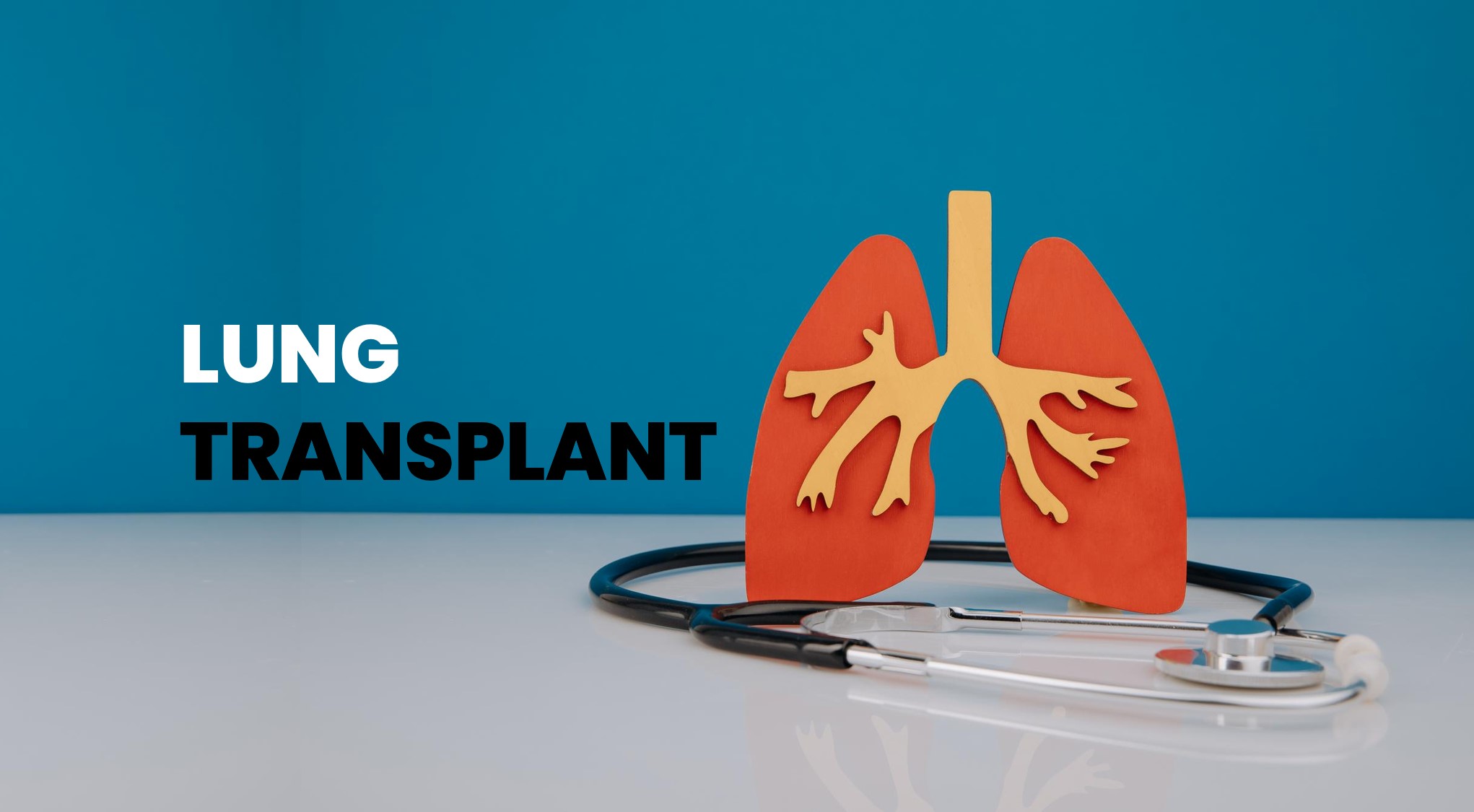
What is a lung transplant?
Chronic Obstructive Pulmonary Disease (COPD)
Scarring of the lungs (pulmonary fibrosis)
Bronchiectasis (Permanent enlargement of airways)
High blood pressure in the vessel supplying lungs (pulmonary hypertension)
How do I know that I have end stage lung disease?
By measuring the Lung function by an investigation known as spirometry
Progressive respiratory symptoms, like shortness of breath and cough
Bronchiectasis (Permanent enlargement of airways)
Requiring oxygen therapy and amount requirent is increasing during the course of time
What are the conditions when lung transplant is being considered?
Bronchiectasis
Chronic Obstructive Pulmonary Disease (COPD)
Interstitial lung disease (ILD)
Cystic Fibrosis
Pulmonary Hypertension
What are the benefits and concerns after Lung transplantation?
Advantages of lung transplant
Less trouble with shortness of breath
More energy
Fewer restrictions
Better quality of life
Better life expectancy
Longer Survival
Cons of lung transplant
Lifelong medication to combat rejection
Regular check-ups in the hospital for life
Side effects of certain medications
Greater risk of infections after transplant
Other medical complications
Are you eligible for a lung transplant?
You have end-stage chronic lung disease
Your existing medical treatment is adequate.
There is no (anymore) medical treatment for you
You are faithful to your current therapy and are prepared to continue your therapy accurately after transplantation
What are the requirements?
Lifelong follow-up by the transplant team
Gain insight into your disease state
Lifelong and punctual intake of medication
Follow a rehabilitation program
You have stopped smoking for at least 6 months
Age: Up to 65 years for a lung transplant. Up to 50 years for a heart and lung transplant
What does a pre-transplant screening consist of?
BLOOD TESTS: Various blood test to find the good donor match and to look for other co morbities.
CORONARY ANGIOGRAM: if more than 40 years.
SLEEP STUDY: if more than 40 years.
GASTROSCOPY & COLONOSCOPY
How is the evaluation done?
(b) Further research is necessary: The results of your examinations may reveal certain medical or surgical issues that require further clarification before a final decision can be made.
(c) Transplantation is too great a risk: The studies may indicate that a transplant poses too great a risk to your health or may threaten your survival after transplantation.
(d) You are eligible for a transplant: If there are no contraindications for transplantation, you will be added to the waiting list.


